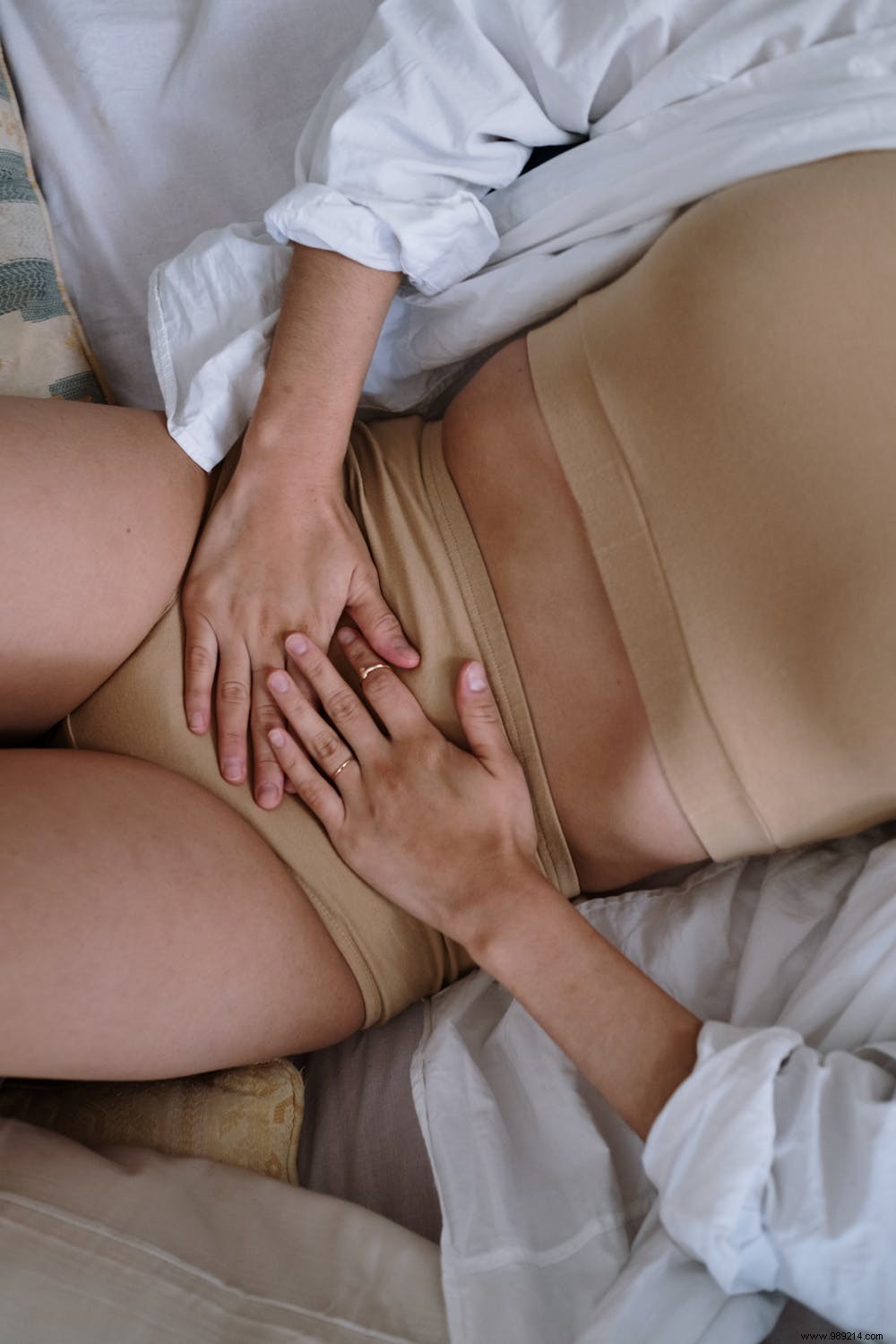
The menopause is feared by many women, while it is actually not necessary. A small group of women actually get complaints that can get in the way of daily life, the other group has menopausal symptoms, but symptoms are not yet a complaint. Menopause is a natural process that all women experience.
The most commonly complained about are menopausal symptoms such as night sweats, headaches, mood swings and hot flashes. Eighty percent of women appear to suffer from these hot flashes to a greater or lesser extent during the menopause. Scientists are still trying to figure out what it actually is. It is likely that the hormone fluctuations cause the body temperature to fly back and forth in such a way that it occasionally causes a temperature increase.
If that happens during the day, women regularly feel embarrassed about it. Anyone who has experienced a real hot flash would rather no longer wear thick sweaters, but opt for thinner clothing in layers. At night it can also play tricks on someone. A duvet can quickly become too warm. Then choose cotton or a single sheet. It's also helpful to keep an eye on what triggers a hot flash, such as coffee or spicy foods. If you know that, you can already prevent some of it by omitting certain foods.
Eye migraines are another transitional phenomenon that is common, but even less is known about it. The fluctuating hormone level, especially of estrogen, is also said to be to blame. You can see blurred vision, see flashes of light, see double or get black spots in front of the eyes. This in turn can lead to fatigue, nausea and headaches. It can be a precursor to a migraine attack, but it can also stand on its own. It is clearly an annoying phenomenon and can be further fueled by stress. Getting enough rest, regular exercise, not smoking, eating a healthy diet and avoiding caffeine are some of the remedies to prevent eye migraines.
Those approaching menopause can expect these kinds of symptoms such as eye migraines and hot flashes, but it is not said that they actually occur and to what extent. That is unpredictable. In addition to these symptoms, there are also sleep disorders, lack of sex drive, vaginal dryness, weight gain, incontinence, hair loss, depressive symptoms and irritability, painful joints, muscle tension, dry skin and so on.
It seems a time of doom and gloom, but as said it can happen, but it doesn't have to. Menopause is a very natural process and a period of physical and mental changes. The body stops menstruating, the amount of the hormone estrogen continues to decrease. The body has to find a new balance. There is nothing wrong with that, and besides, many women believe that it offers more space mentally. Especially freedom is mentioned by women as a new value. The children are older, they go out, there is more 'own time' and once the menopause is over, it saves a lot of 'hassle'. In short; the menopause can be difficult and for some women even quite difficult if there are real menopausal symptoms that interfere with daily life, but in most cases accepting the changes is doable and a new era is dawning.
Read also: This is what happens in your head during menopause
Image:Pexels / This is a partner contribution